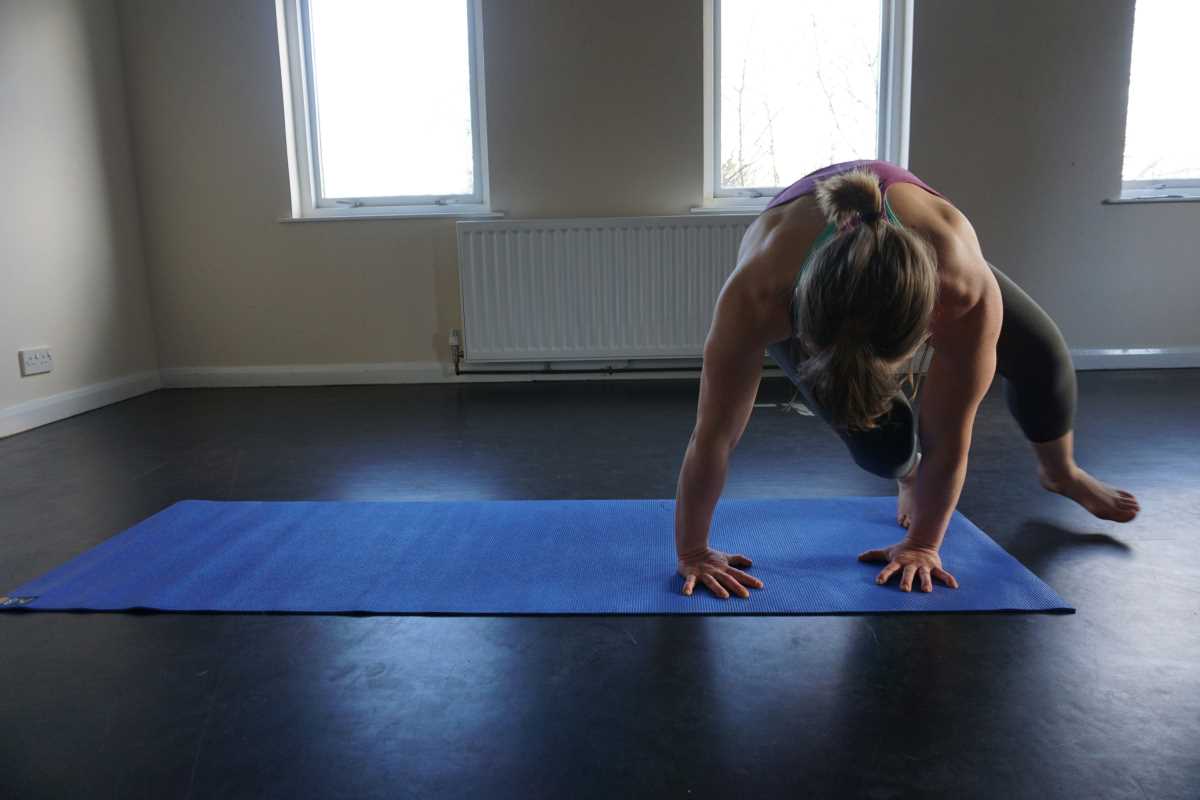Balancing work demands, family responsibilities, daily errands, and your own ambitions can leave you feeling worn out as the day unfolds. Skipping breaks, eating quickly, and carrying stress from one task to another can take a toll on your well-being, making it harder to stay composed when unexpected challenges appear. Setting aside even a few moments for calm and organization brings noticeable relief and helps you regain a sense of control. This guide offers realistic, simple ideas you can weave into your routine to create breathing space, improve your concentration, and manage stress, even when your calendar looks completely packed.
Understanding Stress in Busy Lives
Stress appears in different ways: racing thoughts, tight shoulders, blurred focus. You might find yourself snapping at a friend or craving junk food by late afternoon. Paying attention to those signals helps you hit the brakes before frustration takes over.
When you recognize patterns—like feeling overwhelmed after back-to-back calls—you can build simple habits to avoid that slump. Even tiny tweaks add up. Picture swapping a five-minute stretch routine for your usual scrolling session or setting a timer that reminds you to step away from your desk.
Practical Time-Management Techniques
Managing your hours effectively frees you from frantic catch-ups. These steps help you organize your day:
- Batch similar tasks: Group phone calls, emails and quick errands into one block. That way, you don’t switch mental gears constantly.
- Use theme days: Assign each day to a core focus—like planning on Mondays, admin on Tuesdays and creative work on Wednesdays.
- Set micro-deadlines: Aim to finish a chunk of work within 20 or 30 minutes. Use a simple timer or smartphone app to keep yourself on track.
- Block out buffer zones: Leave 15-minute breaks between meetings or tasks so you can stretch, grab water or jot down quick reflections without feeling rushed.
- Rank tasks by energy level: Do your toughest work when you have the most mental fuel, and save lighter tasks for times when you need a break.
Applying these methods prevents work from spilling into every free slot. Before you realize it, you’ll feel more in control and less reactive to unexpected demands.
Quick Mindfulness Practices
Fitting peace-boosting pauses into a crowded day keeps you grounded. Try these simple rituals whenever you need a reset:
- Three-to-one breathing: Inhale for three counts, exhale for one. Repeat five times to calm your nervous system.
- Five-second wall lean: Plant your palms on a wall, lean forward gently and feel your back muscles release tension.
- 40-second gaze break: Pick a point in the distance and focus on it for 40 seconds. Let your eyes soften as you shift focus away from screens.
- Two-minute gratitude scan: Close your eyes and list two things you appreciate right now—no overthinking, just notice what comes to mind.
Each of these mini-practices takes under two minutes. They interrupt the stress cycle by giving your mind a fresh starting point.
Technology Tools to Support Stress Relief
You can use apps and online platforms to guide exercises, track progress and set reminders to pause. For calming background sounds, try Rainy Mood or a white noise playlist. If you want guided sessions, check out Calm or Headspace on your device.
Some tools help you build accountability with daily check-ins. Try a habit-tracker app that prompts you to mark off each break or breathing exercise.
Pair a wearable device with a stretching app that buzzes when you’ve sat too long. The tiny nudge often provides just enough motivation to stand up and move.
Integrate Stress Relief into Daily Routines
Embed stress busters into activities you already do to build lasting calm. This approach turns them into habits rather than chores.
- Morning ritual: Sip a glass of water, set one clear intention and stretch for one minute before checking your phone.
- Commute break: Turn on a short podcast or playlist that makes you smile. Use your travel time as a buffer between home and work.
- Lunch reset: Eat away from your workspace. Walk outside or watch the sky and clouds while you chew.
- Evening wind-down: Write down three wins from your day, then do one deep breathing exercise before bed.
Start small by adding just one new habit each week. Once it feels natural, introduce another one.
Regular pauses help you notice signs of early stress instead of battling full-blown burnout. This keeps you sharper, more patient and ready to face unexpected challenges.
Try different techniques to find what works best for your routine. Keep refining until you feel calmer, more focused, and ready for what’s ahead.
 (Image via
(Image via





